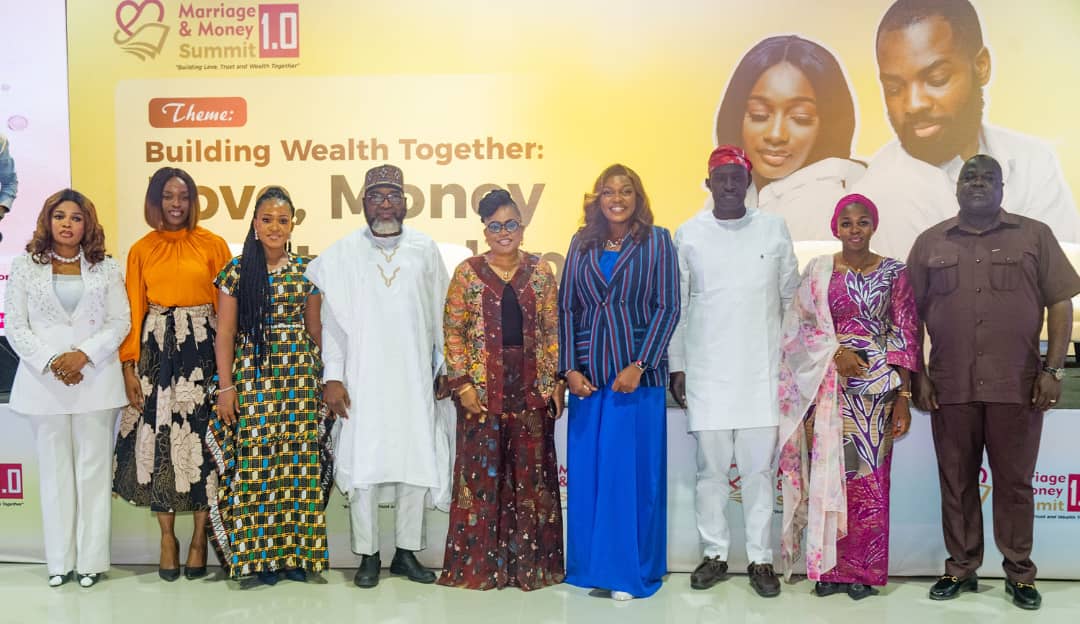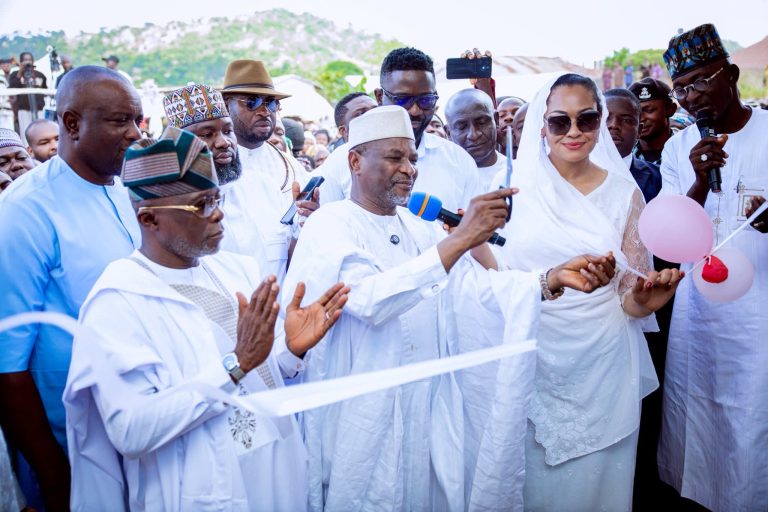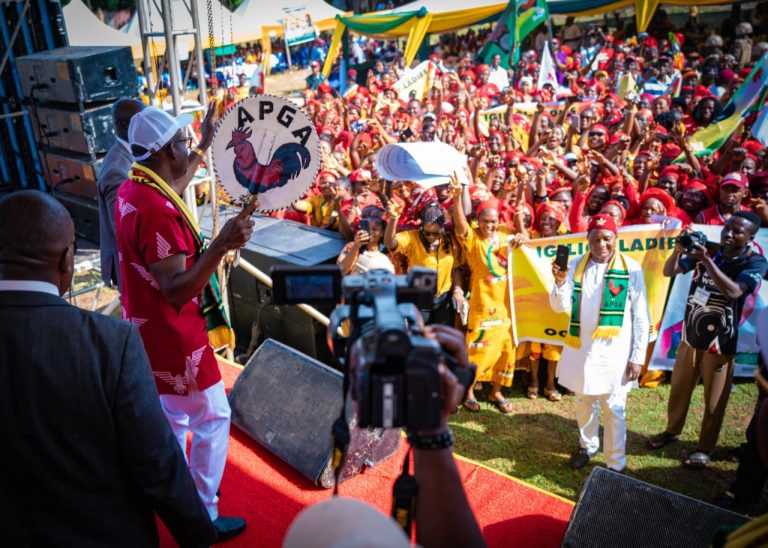
In Nigeria today, love stories are being written with increasing complexity. Behind the smiles in wedding portraits and viral proposal videos lies a quieter, more sobering reality: many marriages are collapsing under the weight of financial strain. This strain could be due to unemployment, debt, or unequal financial contributions. It’s a crisis that’s not making the headlines, but it’s dismantling homes, one unresolved money conversation at a time.
At the Marriage & Money Summit 1.0, held in Lagos, this silent epidemic was pulled into the spotlight with clarity, data, and vision. Convened by Dr Adetutu Afolabi, the summit made a resounding case: love is essential, but money is the infrastructure that allows marriage to function.
In her address, Dr Afolabi noted that while affection draws people together, it is financial stress that most often drives them apart. “Many couples underestimate how much daily peace relies on stable financial systems,” she told attendees. “God designed marriage not just for companionship, but for purpose. And that purpose can’t be fulfilled in survival mode.”
Citing both scriptural principles and social research, Pastor Olumide Emmanuel argued for a kingdom marriage model, one where joint knowledge and joint understanding form the bedrock of the relationship. This model emphasises shared decision-making, transparency, and mutual respect in financial matters.
The Summit sessions explored how intentionality and collaboration as a team go hand in hand. Couples were encouraged to see money not as a source of tension but as a tool for alignment. Through keynote speeches, panel sessions, couples’ games, testimonies, and data-backed lectures, the summit dismantled the cultural myths that make money a taboo topic between spouses. These myths include the belief that discussing money leads to arguments or that one partner should handle all financial matters.
According to Dr Adetutu Afolabi’s own research, presented at the event, financial conflict remains one of the leading causes of marital breakdown in Nigeria. Her data revealed that spousal support amplifies the impact of individual self-confidence, enabling both marital satisfaction and entrepreneurial performance to flourish when emotional and financial alignment are achieved.
The summit’s societal message was clear: it’s time to normalise vision-driven marriages and partnerships built not only on shared love, but also on the invaluable shared strategy. As one speaker put it, “When couples work together toward a kingdom purpose, money stops being a wedge and becomes a witness to what’s possible.”
From counsellors to entrepreneurs, participants left the summit not only with tools and renewed clarity but also with a sense of empowerment. More importantly, they went with a sense that they are not alone, that a movement is rising to reshape how Nigerians do marriage, money, and meaning.




